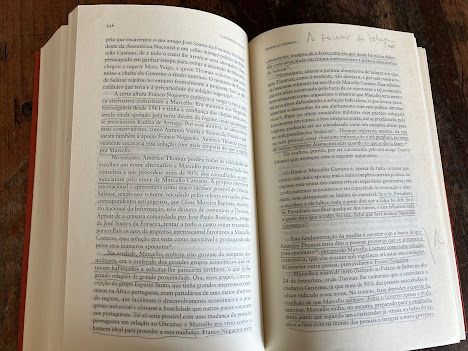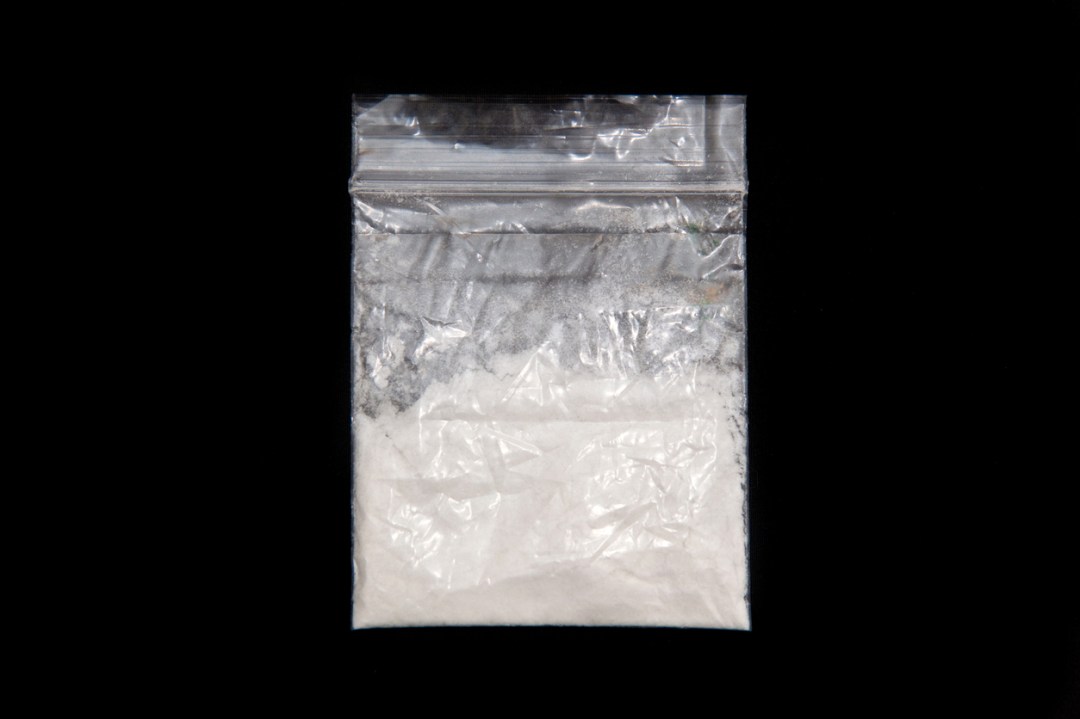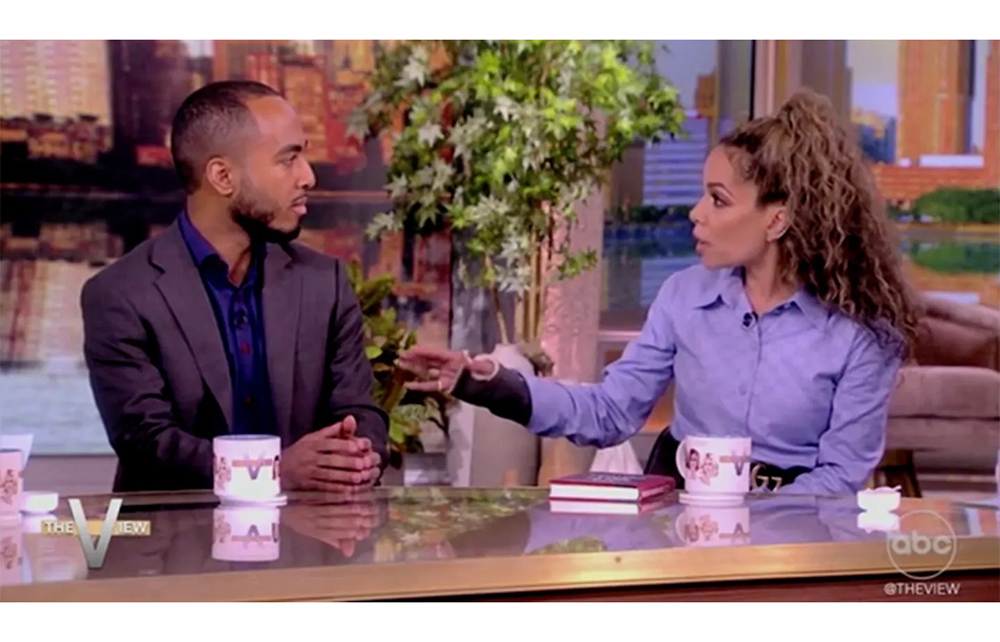(personal underlines)
I’m ready to defend my Tesla from the mob
In France, burning cars is practically a national sport. Almost 1,000 were set on fire on New Year’s Eve, the annual festival of vehicle incineration. Brand specificity has not traditionally concerned the anarchists, but as Elon Musk has emerged as Donald Trump’s favourite apprentice, Teslas have become the target for left-wing mobs. Tesla owners like me are nervous.
The Tesla centre in Toulouse, where I picked up my own Model Y car in more innocent days, was stormed this month by the previously unheard-of Information Anti- Autoritaire Toulouse et Alentours. A dozen cars, worth a total of €700,000, were destroyed. ‘Today, there is an acceleration of the fascist, patriarchal, ecocidal and colonialist project,’ the group announced online. ‘While the elites throw Nazi salutes, we decided to salute a Tesla dealer in our own way on the night of 2 March 2025, in Plaisance-du-Touch [a suburb of Toulouse]. We set fire to vehicles inside the compound using two petrol cans.’
There have been similar attacks across the western world: the US, Canada, Germany, the Netherlands and Northern Ireland. In New York last week, the studio audience at The Daily Show vigorously applauded as host Jordan Klepper played a montage of news reports of vandalised and destroyed Teslas. An ABC News clip showed Teslas and Cybertrucks burning, a CBS News report showed attackers using Molotov cocktails, while an ABC Good Morning America report showed suspects shooting Teslas with guns and burning them in car parks.
It has to be admitted, whether you like Musk or not (I think he’s brilliant), his cars are an accessible and almost indefensible target. The risk for the perpetrators is low. The damage to Musk is considerable. Sales of Teslas are collapsing. Tesla’s share price has halved. Used Teslas are depreciating three times faster than other cars. Insurance premiums are up 30 per cent and rising. It is fair to surmise that every time a Tesla burns, fewer people will want to buy one.
We’re electric vehicle pioneers in my sleepy village in Occitanie, somewhat thanks to me. My greatest achievement as a municipal councillor during my otherwise inglorious political career here was persuading the mayor to install a public charging station outside the salle du peuple. Where I led, the villagers followed. There are now at least six Teslas here, and lots of electric Renaults. But the smug smirks of us Teslarati have been wiped off our faces as we fear attacks on our cars. So far, the mob has not descended upon our commune, but determined leftist crazies have ventured to our part of the world before. Our Aldi was once bombed for selling Spanish wine.
What are we to do if the war on Teslas escalates? I had a word with Marc, the brigadier of our municipal police force, and he has promised to be on high alert. He’s a good cop. We had a burglary in the village once, and Marc caught the thief. We have the makings of a self-defence militia. Alain, a neighbour who is a senior officer in the gendarmerie, has a personal stake in this, a 2023 white Model 3. He has his own 9mm deterrent.
And not to be underestimated is Oleksandr, one of our Ukrainian refugees, who rocked up 18 months ago in a top-of-the-line Model X, with Kyiv licence plates, provoking a certain amount of gossip. Marie, our village pharmacist, who drives a white Model Y, is another member of our Tesla gang, although she’s a gentle soul and I’m not sure how much use she would be faced with a leftist mob. Should it come to outright combat, she could dress our wounds, I suppose.
Marc has told me that we’re not allowed to open fire on anarchists who appear with petrol cans. Let’s hope his stricture isn’t tested. With lots of wild boar roaming around this part of the world, most of us are straight shooters, and we have plenty of guns and ammunition. Gun laws are fairly relaxed. You just need your doctor to sign a declaration that you’re not mad. ‘Have you ever wanted to shoot anyone?’ asked mine. ‘I havea long list,’ I replied. He signed anyway.
To be honest, all this is not quite what I had in mind when I bought my Tesla. I now wonder whether it’s a good purchase. Elon Musk might be the smartest guy in the solar system, but he’s going to have to come up with a brilliant plan to save his brand. Even his loyal customers are having doubts.




















